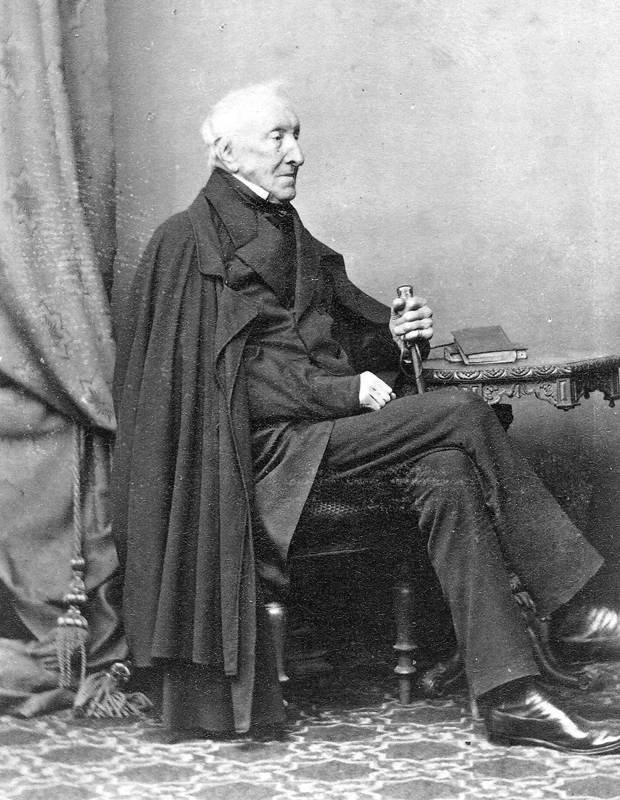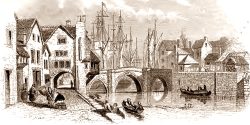Notes from the 6 August 1832 edition:
Letter from Jonathan Toogood regarding the recent Cholera outbreaks at Bristol, Bath and Exeter, and preparations to be made in Bridgwater. He has sent his son, John Giles Toogood to Plymouth to gain experience diagnosing the symptoms and has corresponded with many of his colleagues on the best treatments. Toogood had previously written in the paper about Cholera on 14 November 1831.

Toogood recommends a preparation of Opium, alternatively of Walnut Water, as the best treatments for allaying the symptoms of violent sickness. He had spoken to:
- Dr Brandreth of Liverpool, who had used opium and had seen a fatality rate of only one in four cases.
- Dr Yonge of Plymouth recommended opium with calomel and bleeding.
- J.W. Earle of Holywell near Newcastle recommended opium with calomel and bleeding.
- A postscript has a note that Dr Smith of Newcastle found opium less successful of late, but recommends Mustard Emetics then opium and calomel.
Toogood had therefore published a card (the text of which is reproduced on the front page of the paper) directing the reader of what to do on an attack of cholera, and encourages those ‘in the habit of keeping medicines by them’ to prepare.
Fortunately, Cholera would not strike Bridgwater in 1832, and in January 1833 celebrations of thanksgiving were held. For more on the Cholera outbreaks in Bridgwater, see Tony Woolrich’s research here.
In less serious local reporting is a letter and poem ridiculing Dr Kingslake (a political reformer, so an opponent of the paper), for dancing in the streets of Taunton.
